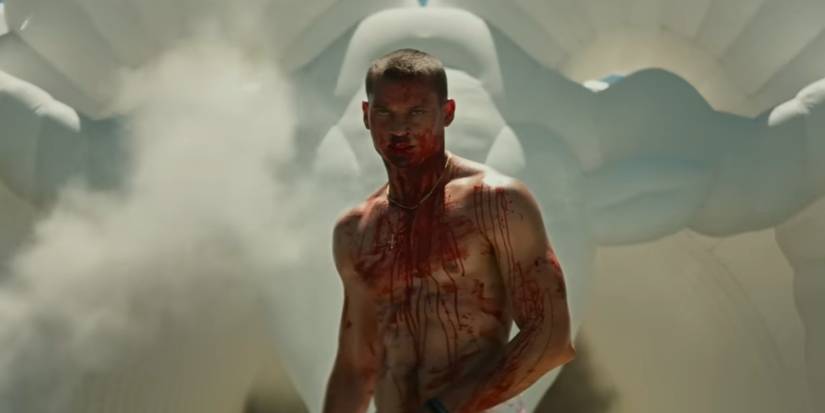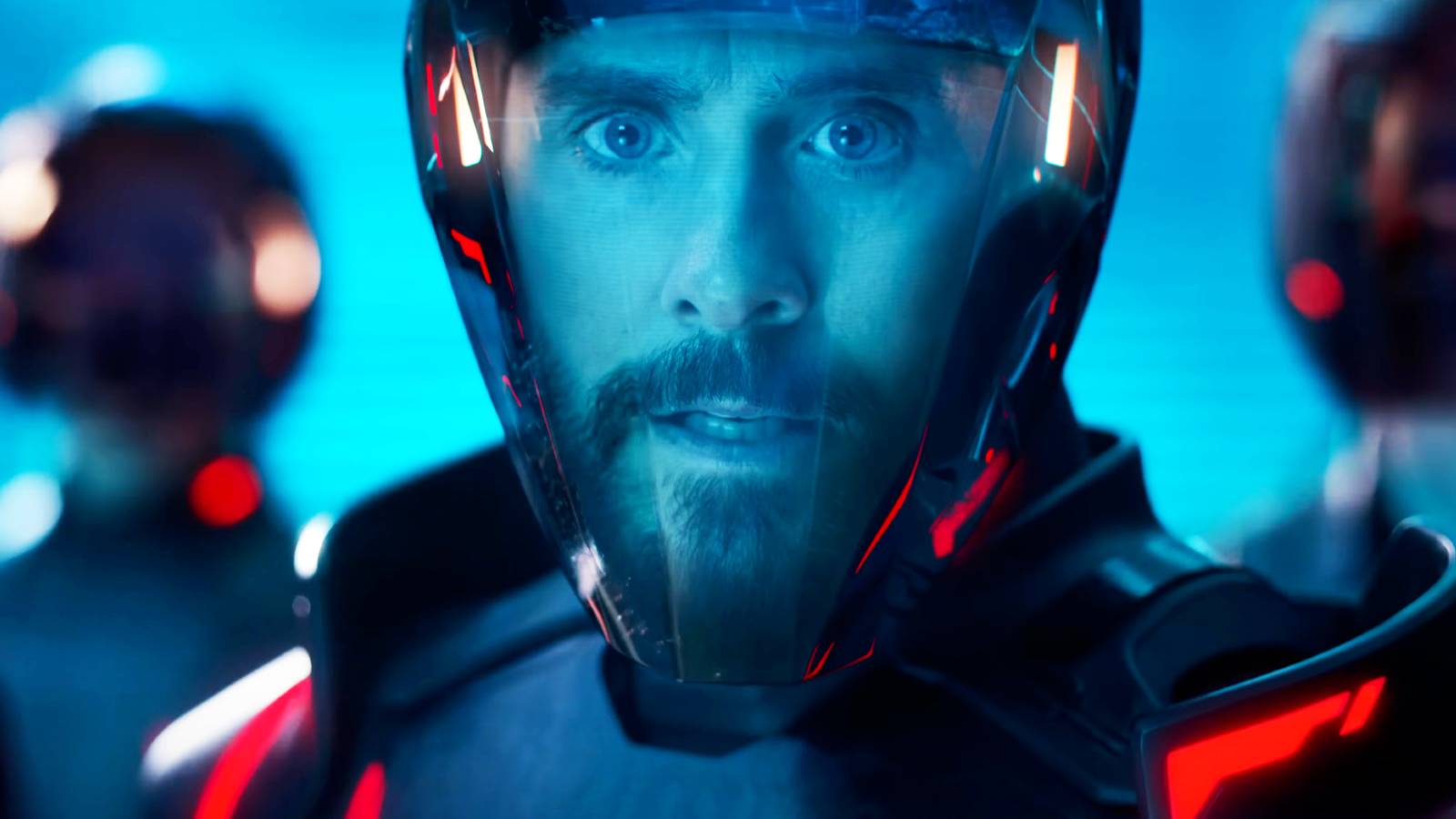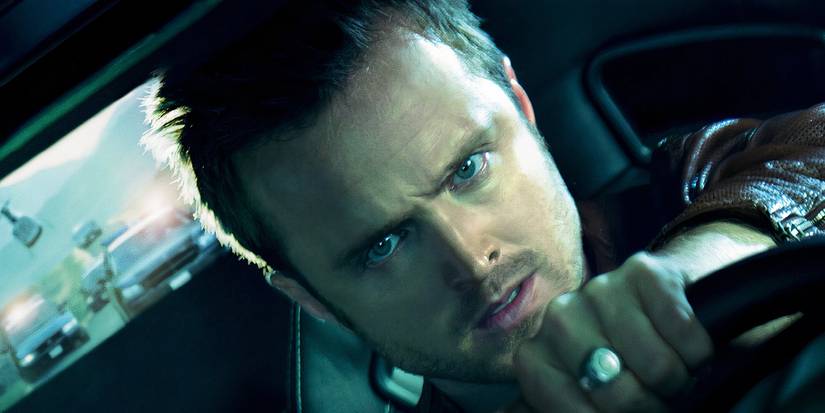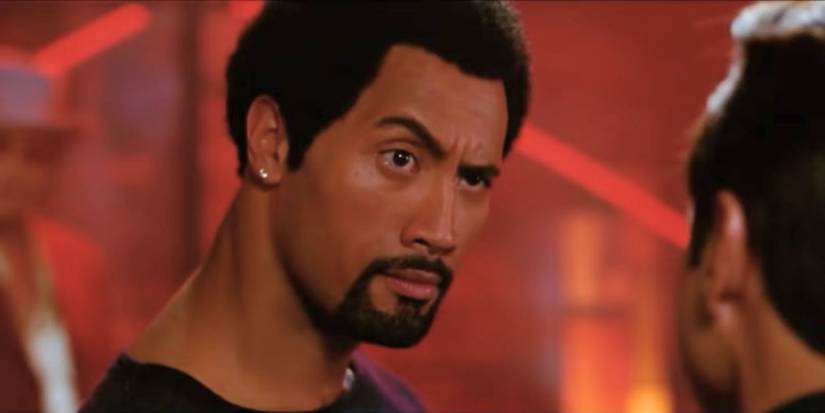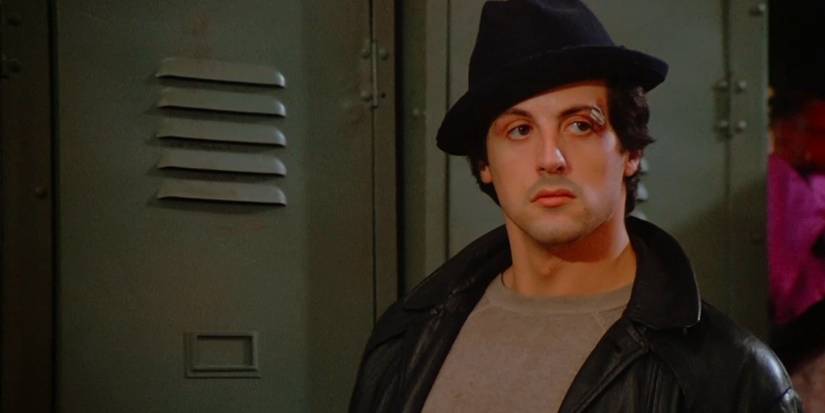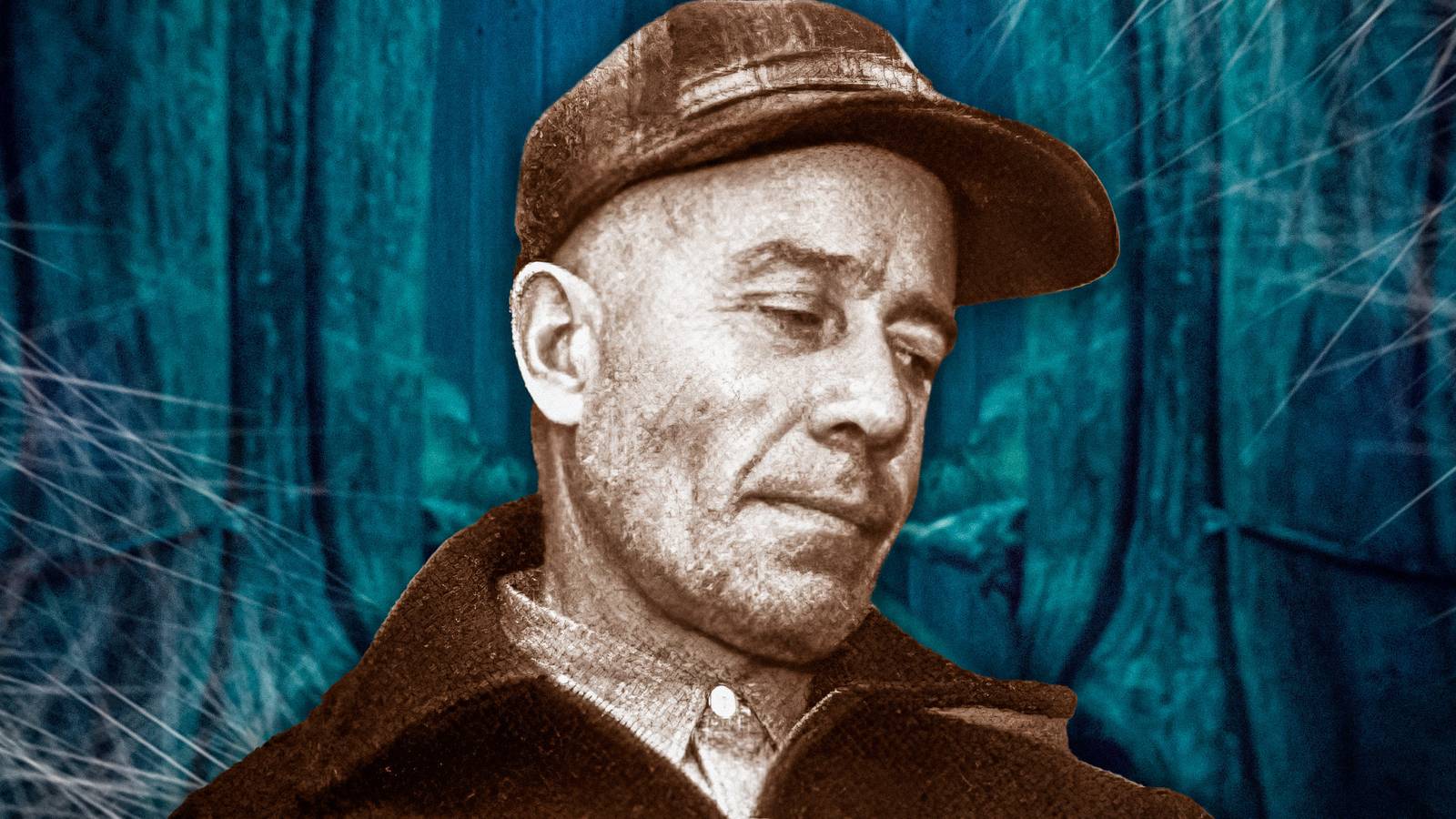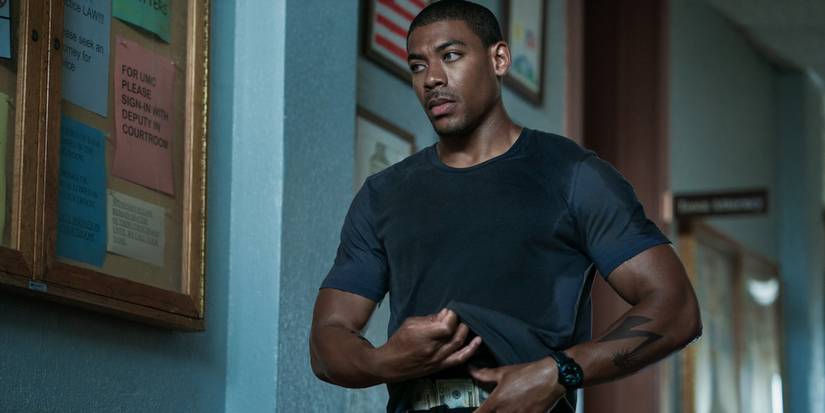The following contains spoilers for Him
Him‘s ending reveals who the true GOAT is, Cam or Isaiah. Him is a football horror movie with a lot going on under the surface, using the story of an aspiring rookie coming under the wing of a demanding legend to explore the dark cost of ambition. It’s a grim take on the sports genre, a compelling deconstruction of someone who wants to be the greatest.
The film isn’t content to just dive into the psychology of Cam and Isaiah, however. Him has a much larger scope in mind, touching on the history of the sport, treatment of minority players across history, and how the wealthy elite continue to prosper off the sacrifices of people they “own” through sports contrasts. Here’s what’s going on in Him‘s gory and wild ending.
Why Isaiah Is Training Cam To Become The GOAT
The twists and turns of Him steadily reveal that Cam is meant to eventually replace Isaiah as the GOAT, not just in terms of athletic skill, but as a tool for the cabal of team owners and agents to continue ruling through him. Him is focused not just on the efforts of the individual to become the best, but also on the people who would take advantage of that.
At the core of the former is Cam and Isaiah, an incoming rookie sensation and the seasoned star, who both love football. However, while Cam’s love for his family and loyalty to his loved ones endures throughout his training and his various temptations, Isaiah has long ago embraced the power that being the best brings him.
This isn’t just an extension of Isaiah using his fame to become a cult leader over his team or live forever with miracle medicines. It’s a personal drive for Isaiah that he remain the greatest. This is why he keeps going off to “watch tape,” something Cam discovers is footage of cheering crowds, celebrating him like he wants to be.
Isaiah is training Cam because he is meant to be the next in a long line of “the greatest,” a role Isaiah also inherited from previous players. This connection is made even more overt by Isaiah giving Cam some of his blood through a transfusion, a reference to the film’s earlier comparison to hunters in Native American tribes drinking the blood of their elders.
Isaiah doesn’t seem to want to give up being the greatest and makes Cam fight to the death to earn the chance to become the greatest. While Cam’s ascendancy as the next “greatest” athlete plays into the cabal’s hands, Isaiah is a true believer in “greatness,” explaining why he’s smiling as Cam kills him and takes that тιтle from him.
Him’s Demonic Cult And Their Plans For Cam, Explained
While Isaiah is a fascinating antagonist for much of Him, the true villains of the piece prove to be the people profiting off of athletes like him and Cam. Once Cam kills Isaiah, he reaches a football field where he finds the owners of San Antonio Saviors, his agent Tom, and Isaiah’s wife Elsie, all waiting for him to sign a contract to formally replace Isaiah.
The entire sequence builds off the demonic imagery that has been featured elsewhere in the film, revealing that there really is some supernatural force at play. However, the true origins, effects, and motives of the deal are left unsaid in Him. Instead, Cam is ambushed with all this and initially taken aback.
It’s a powerful metaphor for the world that young athletes often find themselves entering, a labyrinth of wealth and bureaucracy and contracts that can eventually feel like signing your life away. It plays into the film’s exploration of professional sports and the way some players are willing to make deals with the devil if it means they can achieve riches and greatness.
Him highlights the way people can become commodities in society, especially in realms like sports. The entirely white team owners are dismissive of Cam and even refer to him as “boy,” making the racial undertones of the film’s view on the owners all the more prevalent. In this way, the owners become the devil of the film.
These team owners profit off the hard work and personal sacrifice of the players, the overarching villains who benefit the most from the pain Isaiah (and every other professional player) has suffered and caused over the years. It’s one of Him‘s harshest criticisms about the world of sports, but at least pays off in a bloody bit of catharsis.
How Cam’s Father Factors Into Him’s Grisly Finale
Cam’s father is only really in one scene of Him, but his influence and shadow hang over much of his arc in the film. Cam’s father is established in a prologue scene as a lifelong fan of the San Antonio Saints, a pᴀssion he pᴀsses on to his son. Although he’s ᴅᴇᴀᴅ by the present day of the film, Cam claims to be doing his father proud by becoming the GOAT.
This turns out to have two additional meanings. For Cam, becoming the GOAT is a way to fix the falling out he had with his father. Cam’s tearful secret is that he almost quit football, which seemed to break his father’s heart. This adds a layer of tragedy to Cam’s commitment to becoming the greatest, as a means of making up for his “mistake.”
However, Cam’s father turns out to be a darker figure than the audience initially sees. In the film’s final stretch, the owners reveal that, on top of having attacked Cam to force him their way, a picture proves they made a deal with Cam’s father years prior to ensure Cam became the GOAT.
Cam’s father highlights one of the darker psychological motivations people can become committed to something: because their parents made them. Even though Cam is the one who chooses to carry on the athletic career his father envisioned for him, it was a world he was pushed into (and it seems he could never have escaped it).
Why Cam Says No (And What That Means)
All of this builds to Him‘s cathartic ending, where he decides not to go along with the owner’s plan — and refuses to simply let himself be killed, either. Instead, Cam kills the trainer who moves to attack him and then uses his sword to dispatch all the team owners. It’s a brutal bit of ultra-violence, serving as the culmination of Cam’s refusal to become like Isaiah.
For all of Him, Cam struggles with his own internal lines and what is necessary to appease Isaiah. He steadily grows colder and more detached, but the connections he has with his family and the friendship he develops with Isaiah’s doctor, Marco, reinforce his commitment to family and faith over football.
That’s where he differs from Isaiah, who sees football and the achievement of greatness within it as the only things that matter. Isaiah was willing to sacrifice who he was to become the GOAT, which is something Cam proves incapable of doing. He has the drive and the killer in him, but Cam isn’t willing to give up who he is to become it.
As a result, Cam resists the final temptation and kills his way to freedom, becoming his own man again instead of becoming a “mascot” for the wealthy to benefit from. In this way, Cam takes a final lesson from Isaiah, even as he refuses the life the legendary QB tried to set him up for.
The True Meaning Of Cam’s Fate In Him
Him has a lot going on under the surface. Isiah’s history stories about Native American players perfecting the forward pᴀss and subsequently becoming”mascots” reflect the racial undertone of the film. There’s only a single white character in the cast who tries to help Cam. Even then, Marco is jeopardized morally, works for Isaiah, and gets killed for his warnings.
The film reinforces the risks of combat sports, highlighting how serious injuries are either laughed off or celebrated as honorable sacrifices. Him openly compares it to gladiator sports and old hunting parties, suggesting that personal sacrifice is the ideal for reaching greatness.
Above all else, Him is ultimately about the ways the world can take the pᴀssions, talents, and lives of people and turn them into physical sacrifices on the altar of success. Whether it’s to feed hunts for perfection or enrich the wealthy, people are the cost. It’s powerful that Cam not only escapes this world but actively fights it, becoming the true GOAT of Him‘s ending.



